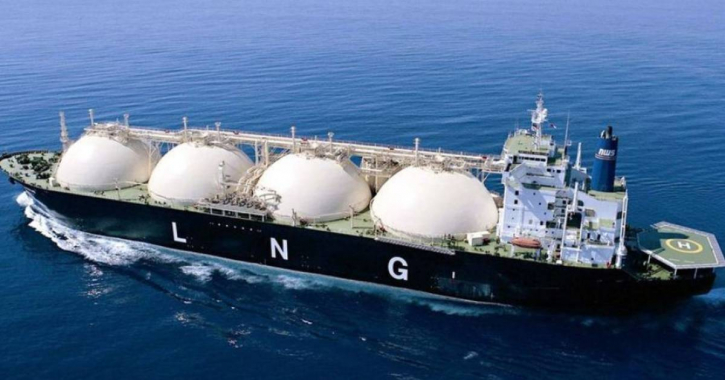Bangladesh should not consider LNG import as long-term solution: Speakers
BI Report || BusinessInsider

Photo: Representational
The country should not consider liquefied natural gas (LNG) import as a long-term solution, especially for the power sector, said speakers at a webinar on Sunday.
Instead, the government should put emphasis on clean energy-based power generation, gradually increase the share of renewable energy in the fuel-mix, improve energy efficiency, they recommended.
The webinar titled, “Gas-LNG Debate in Energy Supply Costs and Consequences of LNG Import for the Power Sector” was organised by the Centre for Policy Dialogue (CPD).
The keynote was presented by Khondaker Golam Moazzem of CPD and Abdullah Fahad.
During the webinar, it was recommended that the Bangladesh Power Development Board (BPDB) should revisit its existing power generation plan which are in the pipeline and should not encourage future power plants based on LNG or petroleum.
The BPDB should also redesign its future power generation plan putting emphasis on renewable energy-based power plants, and it should not allow using the land available from abandoned coal-fired power plants for establishing LNG-based power plants.
The keynote of the webinar identified four distinctive stages in the LNG supply chain for Bangladesh starting from import and ending at consumers, namely – import, regasification, transmission and distribution.
The current energy supply infrastructure hugely depends on natural gas while it was the major (46%) primary energy supply source in fiscal 2020-21. Besides, the share of gas-based power plants was 52 percent in the same fiscal year.
At the end of the last decade, the country’s local gas production started declining and the remaining proven/recoverable gas reserve (10 Tcf) will gradually diminish over the years (one third per day by 2030 and zero by 2041)
Bangladesh shifted to imported Liquefied Natural Gas (LNG) to meet the gap in existing demand but the country’s long-term target of the clean energy-based power sector would be difficult to attain.
According to the projection of Gas Sector Master Plan (2017), local supply would be largely unable to meet the local demand and the gap persists till 2030.
On the other part, the demand is increasing at a higher rate compared to that of local production, thus increasing the gap, which will be the highest in 2023-24.
The gap is currently being addressed through LNG import.
Typical gas supply through LNG import is 650 MMSCFD, while there are still shortages of supply even with the existing LNG supply.
According to the presentation, there are two FSRUs with daily regasification capacity of 500 MMSCF each. And the terminal capacity of 138,000 Cubic Meter each FSRU.
There are currently 66 gas-based power plants with an installation capacity of 11,268 MW, while new 11 LNG-based power plants with 6,468 MW installation capacity between 2022 and 2025 are in PDB’s plan.
Petrobangla recently estimated the cost for LNG import for the year 2021-2022. As per the estimation, per unit import price was Tk 36.69 cubic meter, per unit import cost was estimated at Tk 44.95 per cubic meter, per unit regasification cost was estimated at Tk 1.85 per cubic meter and per unit re-gasified LNG cost was estimated at Tk 50.39 per cubic meter.
The greater dependency on imported LNG is acknowledged to meet the demand-supply gap of the natural gas requirements in the country.
But in terms of price surge, LNG is found to be one of the unpredictable energy commodities, and suppliers of the long-term contracts are not showing interest in stable contractual obligations, according to the keynote citing media reports.
The increasing price trend of LNG in global markets is not likely to change and regional gas prices have already started to converge, thus making LNG export less profitable, it adds.
Regarding the cost burden, in 2020-21 FY, the economic cost of LNG was Tk 31.56 per cubic meter where the power plants only paid Tk 4.45 per meter cube
So, there are additional cost burden of Tk 27.08 per unit of LNG import
The current price estimates for FY22 make LNG 24 times more expensive than our national production by national companies.
The experts believe it is time to revisit the country’s existing approach on the growing reliance on the LNG imports for the power generation and the associated infrastructure development plans.
In the short term, LNG imports may need to continue to meet the existing demand-supply gap particularly for activities/sectors where no immediate alternative.
And in the medium to long-term, Bangladesh needs to consider alternates of LNG import in the above-mentioned sector targeting cleaner source of energy use.
























